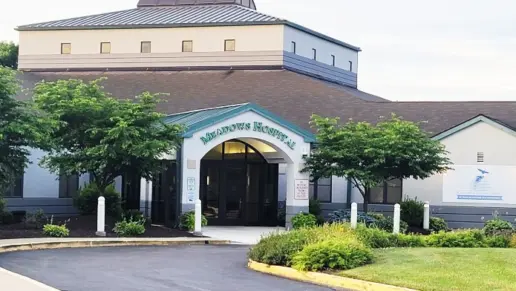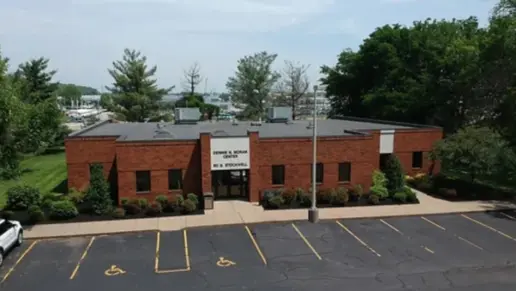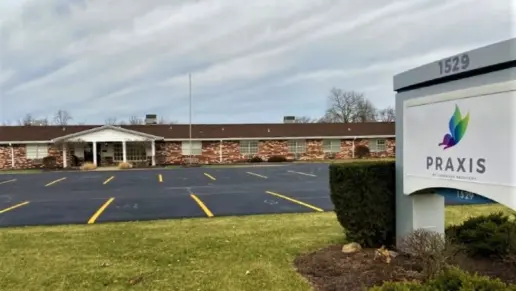About Oxford House Emyla
Oxford House Emyla is a non-profit center located in South Bend, Indiana. Oxford House Emyla helps individuals struggling with mental health and substance abuse by providing a sober living environment for young adult and adult men. Each sober living home is a democratically run, self supporting and drug free home. Services are available in English and Spanish.
The Oxford Mariposa Emyla houses up to nine men at any given time, under the supervision of three alumni. An individual may come into an Oxford House following a 28 day rehabilitation program or at least a 5 to 10 day detoxification program. Clients believe in three things: self-help is the bedrock of recovery, disciplined democracy is key to living together, and self support builds efficacy to avoid relapse. Clients who relapse may face expulsion.
At Oxford House Emyla clients emphasize communication, group support, and peer recovery. Clients lean on each other and trust each other to build up strength as they work toward sobriety together. Clients stay for an average of 3-4 years.
Clients are responsible for rent and a deposit of up to $4,000 when admitted. Insurance is not accepted, but clients can check their providers for coverage and out of network benefits.
Latest Reviews
Rehab Score
Gallery
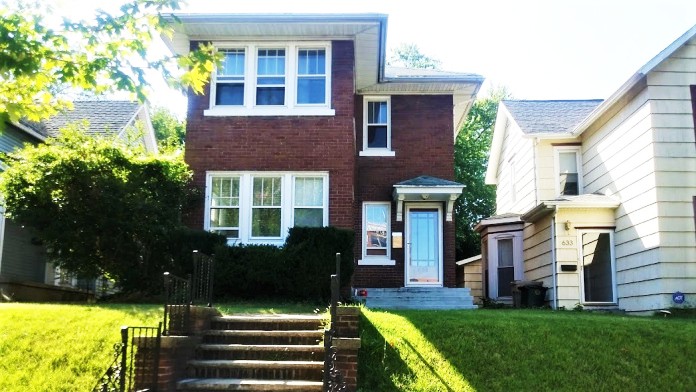
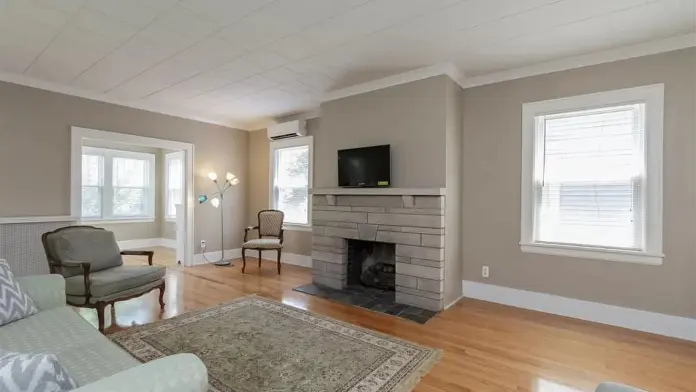
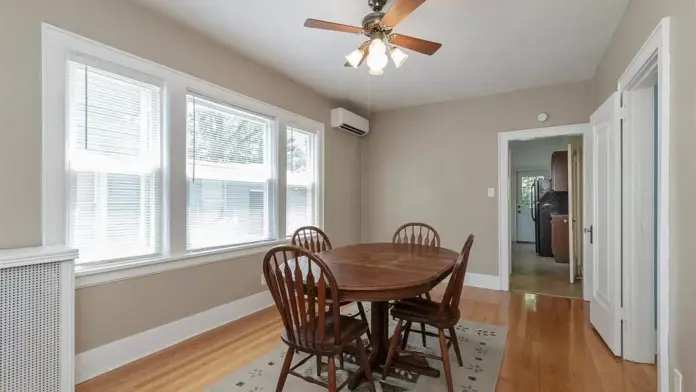
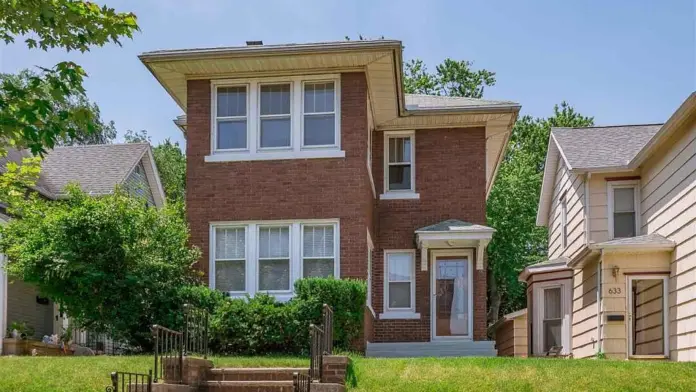
Location
Other Forms of Payment
Self-pay involves paying for treatment out of your own pocket. You can use savings or credit, get a personal loan, or receive help from family and friends to fund your treatment. If you don't have insurance or your insurance plan doesn't cover a specific program, self-pay can help ensure you still get the care you need.
Private insurance refers to any kind of healthcare coverage that isn't from the state or federal government. This includes individual and family plans offered by an employer or purchased from the Insurance Marketplace. Every plan will have different requirements and out of pocket costs so be sure to get the full details before you start treatment.
Addiction Treatments
Levels of Care
Treatments
The goal of treatment for alcoholism is abstinence. Those with poor social support, poor motivation, or psychiatric disorders tend to relapse within a few years of treatment. For these people, success is measured by longer periods of abstinence, reduced use of alcohol, better health, and improved social functioning. Recovery and Maintenance are usually based on 12 step programs and AA meetings.
For long-term recovery from drug addiction, drug rehab in Indiana is often key. This treatment gives individuals who are struggling with a substance use disorder the tools to manage their disorder and achieve long-term sobriety.
Many of those suffering from addiction also suffer from mental or emotional illnesses like schizophrenia, bipolar disorder, depression, or anxiety disorders. Rehab and other substance abuse facilities treating those with a dual diagnosis or co-occurring disorder administer psychiatric treatment to address the person's mental health issue in addition to drug and alcohol rehabilitation.
Opioid rehabs specialize in supporting those recovering from opioid addiction. They treat those suffering from addiction to illegal opioids like heroin, as well as prescription drugs like oxycodone. These centers typically combine both physical as well as mental and emotional support to help stop addiction. Physical support often includes medical detox and subsequent medical support (including medication), and mental support includes in-depth therapy to address the underlying causes of addiction.
Substance rehabs focus on helping individuals recover from substance abuse, including alcohol and drug addiction (both illegal and prescription drugs). They often include the opportunity to engage in both individual as well as group therapy.
Programs


Clinical Services
In individual therapy, a patient meets one-on-one with a trained psychologist or counselor. Therapy is a pivotal part of effective substance abuse treatment, as it often covers root causes of addiction, including challenges faced by the patient in their social, family, and work/school life.
Amenities
-
Residential Setting
Contact Information
631 N Lafayette Blvd
South Bend, IN 46601
